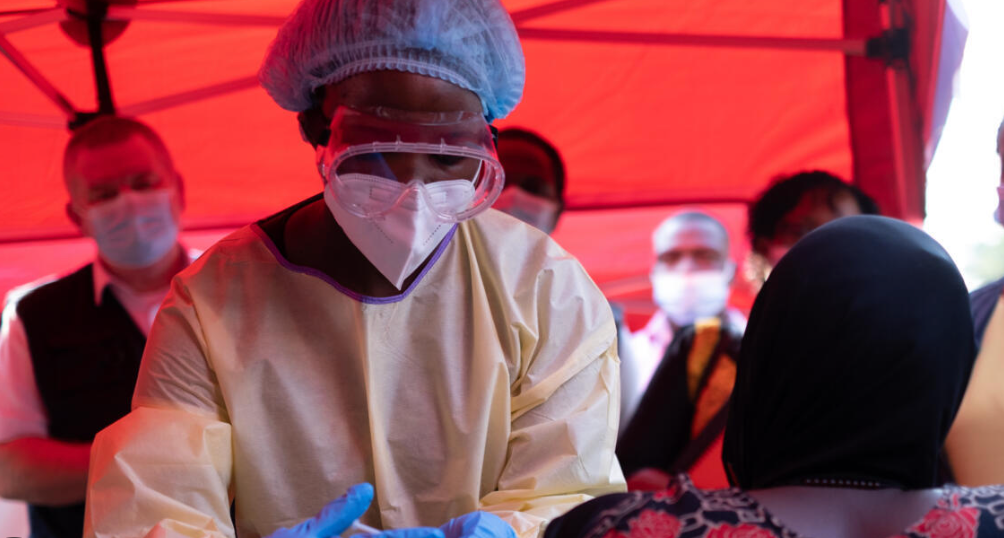
Uganda: End of the Ebola epidemic, challenge of health resilience to be met
After several months of anguish and bitter struggle, Uganda has announced with relief the end of its sixth Ebola epidemic. A return to normalcy finally seems within reach for a country that has experienced past tragedies with this deadly virus. But behind this triumphant declaration lie crucial questions about the country's preparedness for future health threats.
Months of fierce fighting
It took courage, determination, and an unprecedented mobilization of health workers to bring this epidemic to an end. Uganda's health authorities, supported by the World Health Organization (WHO), implemented a formidable response plan. Contact tracing, public awareness, and, above all, rapid vaccination of at-risk individuals were the key pillars of this fight. Everyday heroes—doctors and volunteers—faced the virus head-on, often risking their own lives. And it was this combativeness that brought this tragic chapter to a close.
A legacy not to be forgotten
Despite this victory, the specter of Ebola remains a constant reminder of the dangers facing Uganda and the entire region. Public mistrust of vaccines and healthcare, a legacy of past health crises, should challenge decision-makers. How can we combat the misinformation and paranoia that still surround the virus? Health education must be a central priority, because a well-informed population is a protected population. Memories of previous epidemics must not be forgotten, but rather serve as lessons for building lasting health resilience.
Towards increased preparation
As the epidemic draws to a close, questions are being asked: Is Uganda truly prepared to face a new Ebola outbreak or another viral threat? Health infrastructure is often strained and lacks adequate and accessible resources. The end of a crisis is not an end in itself; it is a call to vigilance! It is imperative to invest in health systems, strengthen crisis management capacities, and ensure rigorous monitoring of contagious diseases. Uganda must prepare not only to face current threats, but also to anticipate those of tomorrow.
A crisis like Ebola reminds us that health is not just a local issue: it is a matter of national and regional security. Vigilance is the enemy of the virus, but celebrating a victory is not enough to turn a blind eye to the path forward. Uganda has shown that it can cope. May resilience be the demand of tomorrow after this victory today.



Leave a comment
This site is protected by hCaptcha and the hCaptcha Privacy Policy and Terms of Service apply.